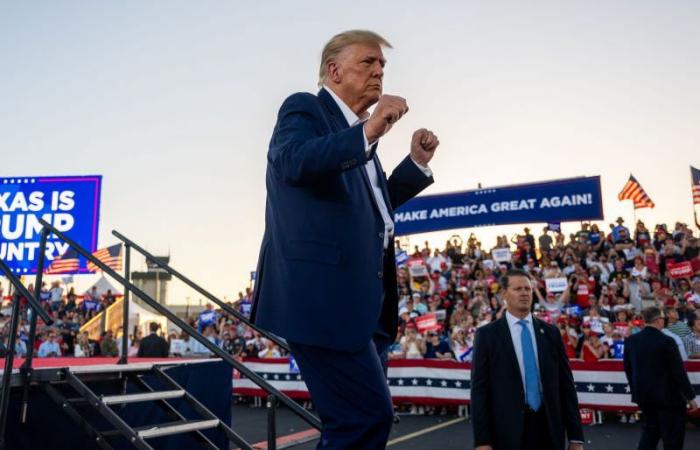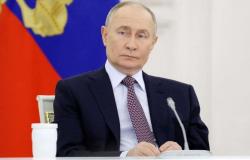During Donald Trump's US presidential campaign, a theme appeared recurring, from television adverts, to rallies, to the statements of people close to him: the future president's desire to limit the rights of trans people. This has become so clear that some trans people (including Elon Musk's daughter) are seriously considering leaving the country and was confirmed by the speech Trump gave at the Turning Point USA event in Phoenix, Arizona on December 22. “I will stop the madness of transgender people”: this is the disturbing promise of the newly elected president of the United States.
A few weeks before his inauguration at the White House, while the whole world is wondering what the tycoon's return to power will mean, Trump spoke of his intention to take some measures as soon as possible. At the top of the list, for him there are topics such as “immigrant crime”, control over the Panama Canal, the end of wars and, indeed, the trans community. “I will sign executive orders to end child sexual mutilation, to get transgender people out of the military and out of our elementary, middle and high schools,” the future president declared during the event dedicated to young conservatives. He also said he intended to “keep men out of women's sports” and showed a profoundly exclusionary attitude, adding that “the official policy of the United States government will be that there are only two genders, male and female». It's unclear how these positions will materialize, but trans people could soon be exposed to a wave of hatred and discrimination and risk being denied their hard-won rights.
In his book Who’s Afraid of Gender the feminist philosopher Judith Butler talks about how fear and hatred towards marginalized communities and the elusive “gender ideology” are often used by the world's powerful to distract us from other, much more real dangers such as the climate crisis, the advancement of wars, the lack of rights at work, poverty, just to name a few. All dangers about which the political class could and should do something. «The “gender”», he writes, «collects and at the same time amplifies those fears, preventing us from thinking more clearly about what there is really to fear and, in the first place, about how this feeling that the world is in danger”.






